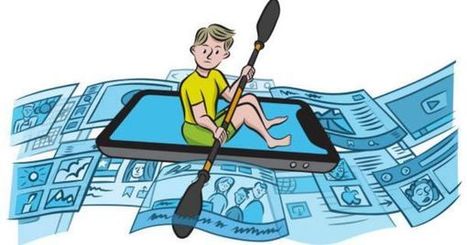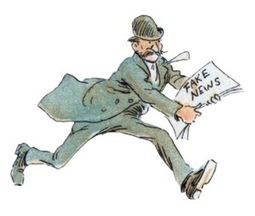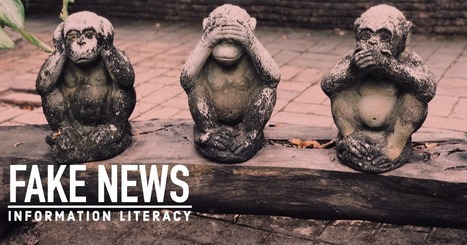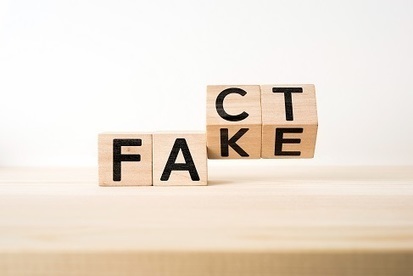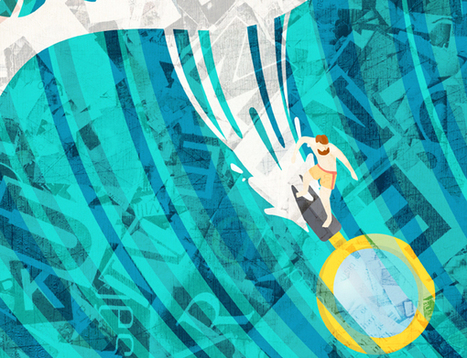Project Information Literacy explores how students understand and navigate information — and what has to change.
"The new information landscape is a product of algorithmic data collection used by social media platforms, like Facebook and YouTube, news sites, and even our cellphones. Companies use invisible computer codes to track users’ interactions in order to personalize their web experiences and influence their buying and viewing behavior, leading to concerns about privacy, accuracy of information, the preservation of shared norms, and authenticity.
Data is collected everywhere. Even schools, from elementary schools to higher education institutions, collect data on students through learning management systems (LMS), thrusting schools directly into debates that consider how these companies, like Canvas, protect or use data.
While the ethics and impact of algorithmic-driven content on platforms like Facebook or an LMS are murky and just emerging, the Project Information Literacy study raises immediate flags."
Via NextLearning



 Your new post is loading...
Your new post is loading...




